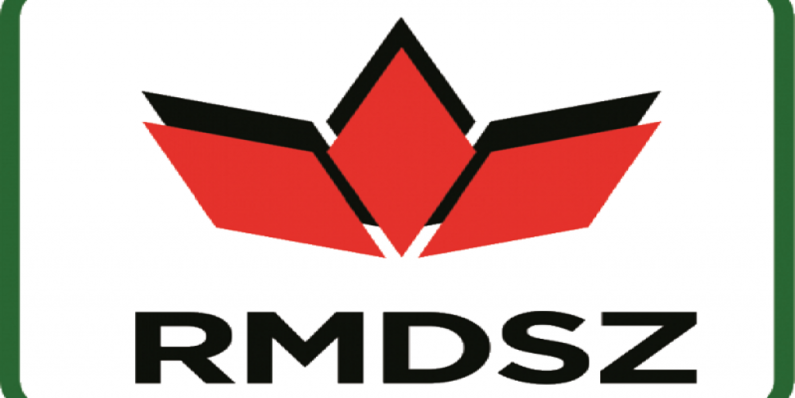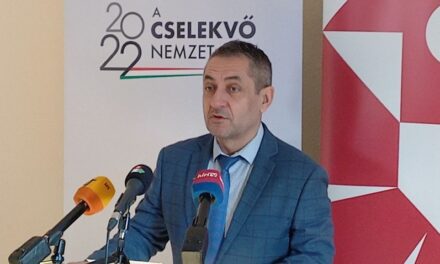A pro-government draft law would deprive the Hungarians in Romania of their proportional parliamentary representation.
The draft law submitted by 15 liberal and one social democratic legislator to the Chamber of Deputies in Bucharest would raise the parliamentary threshold in Romania, and thus oust the politicians of the Hungarian Democratic Union of Romania (RMDSZ) from the country's parliament, Digi24 news television reported on Thursday.
The draft of the ruling party's in-laws consists of a single article, which would raise the parliamentary threshold from the current 5 to 7 percent. According to the justification, in the last two decades, the "political fragmentation" of the parliament made it difficult to form a stable government majority, and because of this, the parliament installed seven governments in the last seven years.
According to the initiators, Romania needs political and economic stability in the current international situation, therefore, before the 2024 election year, in addition to raising the general parliamentary threshold, they also initiate the abolition of the alternative parliamentary threshold that helps regional parties gain representation in order to eliminate "discrimination", referring to , that according to the constitution, representatives and senators represent "the entire Romanian people, not just four constituencies".
The adoption of the legislative initiative may leave the RMDSZ without parliamentary representation, as the TV channel recalled: the National Liberal Party (PNL) and the Social Democratic Party (PSD) have a comfortable majority in the Romanian legislature, and a few weeks ago they pushed the RMDSZ out of the government the two parties of the Romanian grand coalition.
Political analyst Cristian Pirvulescu assessed that even the five percent threshold is too high, and raising it further would be anti-democratic. The liberals and their political allies have already raised the parliamentary threshold once (from the previous 3 percent), and because of this the Christian Democratic National Peasant Party (PNTCD) did not enter the parliament in the 2000 parliamentary elections, but at the same time "the extreme right, the Greater Romania Party, became stronger it was artificially inflated, which caused problems that are still felt today," explained the political scientist.
In Romania, a county party-list proportional election system operates. The general parliamentary threshold is five percent, that is, those parties that obtain at least five percent of the votes at the national level participate in the distribution of county mandates.
Since 2015, regional parties have been assisted by an alternative threshold. Pursuant to this, the political formations that achieve less than five percent, which obtain at least 20 percent of the votes in four counties, participate in the proportional distribution of mandates - everywhere in the country.
Officially registered national minority organizations that do not collect enough votes to pass the parliamentary threshold are allowed by the electoral law to send one representative to the lower house of the bicameral Romanian parliament.
The RMDSZ crossed the five percent threshold in every parliamentary election since 1990, but only achieved results exceeding seven percent in the early 1990s. Most recently, in 2020, 5.74 percent of the valid votes were cast for the RMDSZ's House of Representatives candidate lists, and 5.89 percent of the votes for the Senate candidate lists.
According to the preliminary data published in December in the 2021 census, slightly more than 1 million residents identified themselves as Hungarian in Romania, which accounts for 5.26 percent of the enumerated population and 6.05 percent among those who answered the nationality question.
MTI













